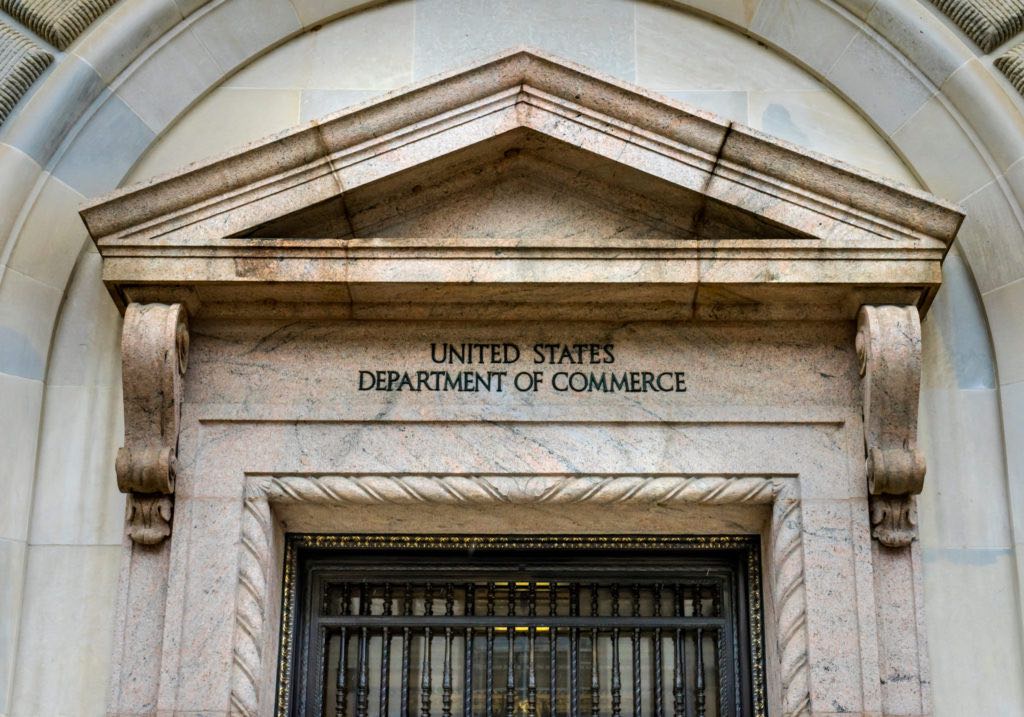
Opening Remarks by U.S. Secretary of Commerce Gina Raimondo at the 2022 Supply Chain Ministerial
Jul 20, 2022
Opening Remarks by U.S. Secretary of Commerce Gina Raimondo at the 2022 Supply Chain Ministerial
ASowah@doc.gov
Wed, 07/20/2022 – 09:39
ICT Supply Chain
AS PREPARED FOR DELIVERY
Wednesday, July 20, 2022
Office of Public Affairs
publicaffairs@doc.gov
Gina M. Raimondo
I am delighted to welcome you to the 2022 Supply Chain Ministerial Forum.
Thank you to our co-host Secretary Blinken and the government officials who are joining us from around the world to advance our global effort to build more resilient supply chains. I also want to thank the international group of stakeholders who participated in yesterday’s breakout sessions, as well as the breakout chairs.
Supply chain congestion challenges continue to stress U.S. imports, exports, and the movement of goods nationwide. As a co-chair of the Administration’s Supply Chain Disruptions Task Force, I know how these challenges are impacting Americans every day.
There is no silver bullet when it comes to solving our supply chain challenges. But the Biden Administration working hard to alleviate this issue. Advancing more secure and resilient supply chains is a top priority at the Commerce Department.
We are also urging Congress to quickly pass funding for the CHIPS Act, which would invest $52 billion in domestic semiconductor production. Companies are making decisions now about where to build their next factories and we have an opportunity to bring those investments and jobs to the U.S., but we need to fund the CHIPS Act to level the playing field.
Additionally, President Biden’s proposed budget, which I support, requests millions to respond to the current crisis and meet existing demand for supply chain work.
But we also know that supply chains are global, which is why we’re engaging with like-minded partners through regional conversations like the Indo-Pacific Economic Framework for Prosperity and the U.S.-EU Trade and Technology Council, two bilateral dialogues focused on specific sectors.
One of our most critical tasks is ensuring that our work on supply chains benefits all of our citizens. The Biden Administration is working diligently with stakeholders from industry, labor, and civil society to ensure that our efforts are inclusive, and the benefits are widely shared.
As Secretary of Commerce, engagement has been the cornerstone of my efforts—whether through formal mechanisms like the Advisory Committee on Supply Chain Competitiveness, or through informal stakeholder input and conversations with American workers and businesses.
But our supply chain problems cannot be solved by governments alone. We need engagement from the private sector and local communities. We need to envision new ways of working together – from public-private partnerships to new, innovative multilateral efforts to sustain our supply chains in the future.
I’m excited to hear from each of you today about how we can work together to solve these problems.
Tags
Supply Chain
Read the full report from the U.S. Department of Commerce: Read More



